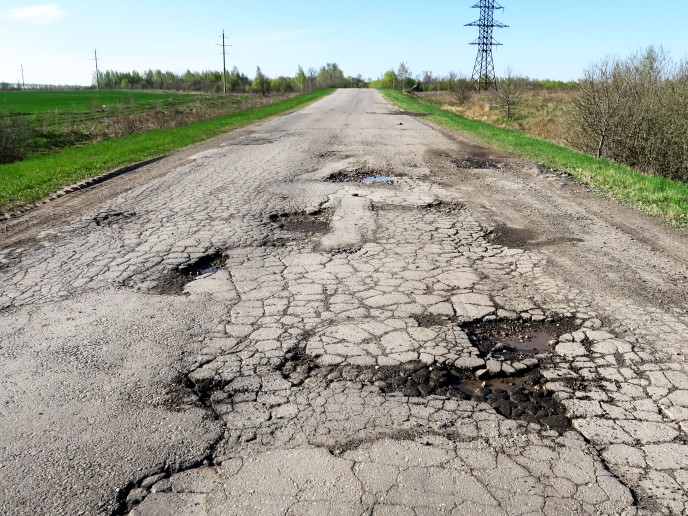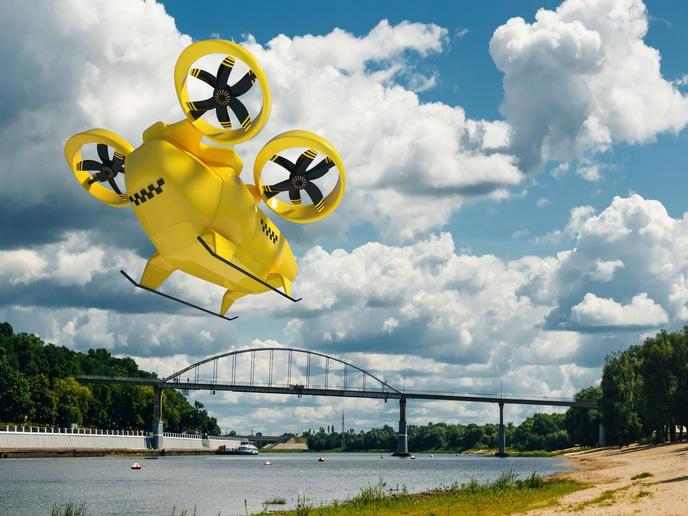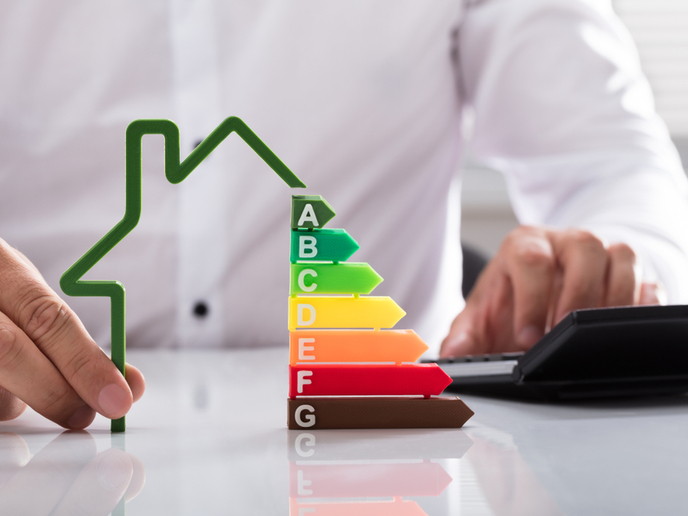Solving Europe’s pothole problem
Since their invention thousands of years ago, roads have needed repairs. Yet with modern trade and travel, roads are under increasing pressure and must also be repaired as quickly and efficiently as possible. “Potholes are generated by a combination of dense road traffic, weather conditions, degradation of material and technological mistakes during installation of the road surface,” explains Dan Ťok, vice-chairman of FUTTEC. And potholes can be pricey: in Europe, road repairs are estimated to cost billions of euro per year. The continuous need for repair often leads to quick fixes, which may look good in the short term, but won’t solve the problem for long. An EU-funded initiative is developing a new technology designed to be more than a sticking plaster for roads. RADARR 2’s new solution uses microwave technology to heat asphalt, resulting in quick, reliable road repairs that last. Thanks to the funding, RADARR 2 successfully tested and commercialised the new microwave machine technology, which could revolutionise road repairs across the EU. “Our project aims to repair potholes at an early stage and thus bring the road surface conditions close to new,” says Ťok, RADARR 2 project coordinator. “We would like to change the philosophy of care for asphalt roads,” he adds.
Microwave technology for seamless roads
This revolution in road repair comes from the innovative microwave technology underlying FUTTEC’s products. Microwave is able to quickly heat through asphalt layers. “Unlike traditional methods, our technology uses microwaves for sensitive preheating of original bituminous material around the defect,” remarks Ťok. The system heats the surface to 140 °C, then extra material is added in, which has been preheated in the machine to the same temperature. This new material is rolled into the preheated pothole, effectively blending the surface together and eliminating problems due to the improper connection of repaired areas. Potholes stay fixed for significantly longer, reducing costs and keeping roads running. What’s more, roads are often left in a poor state until they are so bad that they need fixing, but microwave technology provides an easy way to fill them in early. “Early repair will prevent the current practice, where untreated small defects grow into big disturbing potholes, which are visible in many of our roads and are a nightmare for drivers and road operators,” says Ťok. Another major advantage of the system is that it can be used year round independently of weather conditions, including winter – something current competitor solutions struggle with.
Bringing the machine to market
During the project, the RADARR 2 team worked to adapt the machine to customers’ requirements, by increasing heating speed and adding automation features. RADARR 2 colleagues also secured intellectual property rights through European patents, and are now preparing distribution channels for the prototype next-generation microwave machine, which is in the final stage of testing. “The EU funding helped us greatly to build a new version of our microwave machine for pothole repairs and promote our microwave technology and our machines to the professional community and customers,” adds Ťok. “We were also able to promote the philosophy of preventive approach in road maintenance.”
Keywords
RADARR 2, road, repairs, asphalt, heating, microwave, technology, quick, seamless







